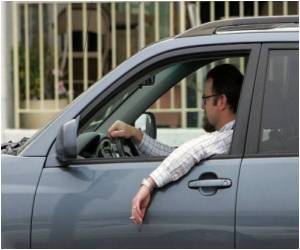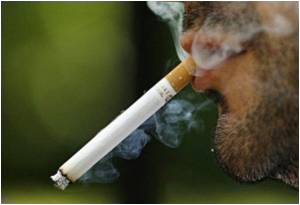A recent research highlights the need for smoke-free cars to protect children from tobacco smoke exposure in cars.

Parents were invited to participate in a survey after their children had been seen for a well or sick visit at one of seven pediatric practices in six states. Parents who smoked were asked if they had a car, whether they had smoking rules in their car, their child's age and if their pediatrician advised them to have a smoke-free car.
Results showed that 146 of 528 parents who smoked (28 percent) reported having a smoke-free car rule, and 114 (22 percent) reported having a strictly enforced car-smoking ban. Factors associated with having a smoking ban included having a younger child and smoking fewer cigarettes per day.
Of the parents who reported smoking in their car, 52 percent said smoking occurred with children present. Only 14 percent of parents said they were advised by a pediatric health care provider to have a smoke-free car.
The study was recently presented at the Pediatric Academic Societies (PAS) annual meeting in Denver.
Source-ANI









